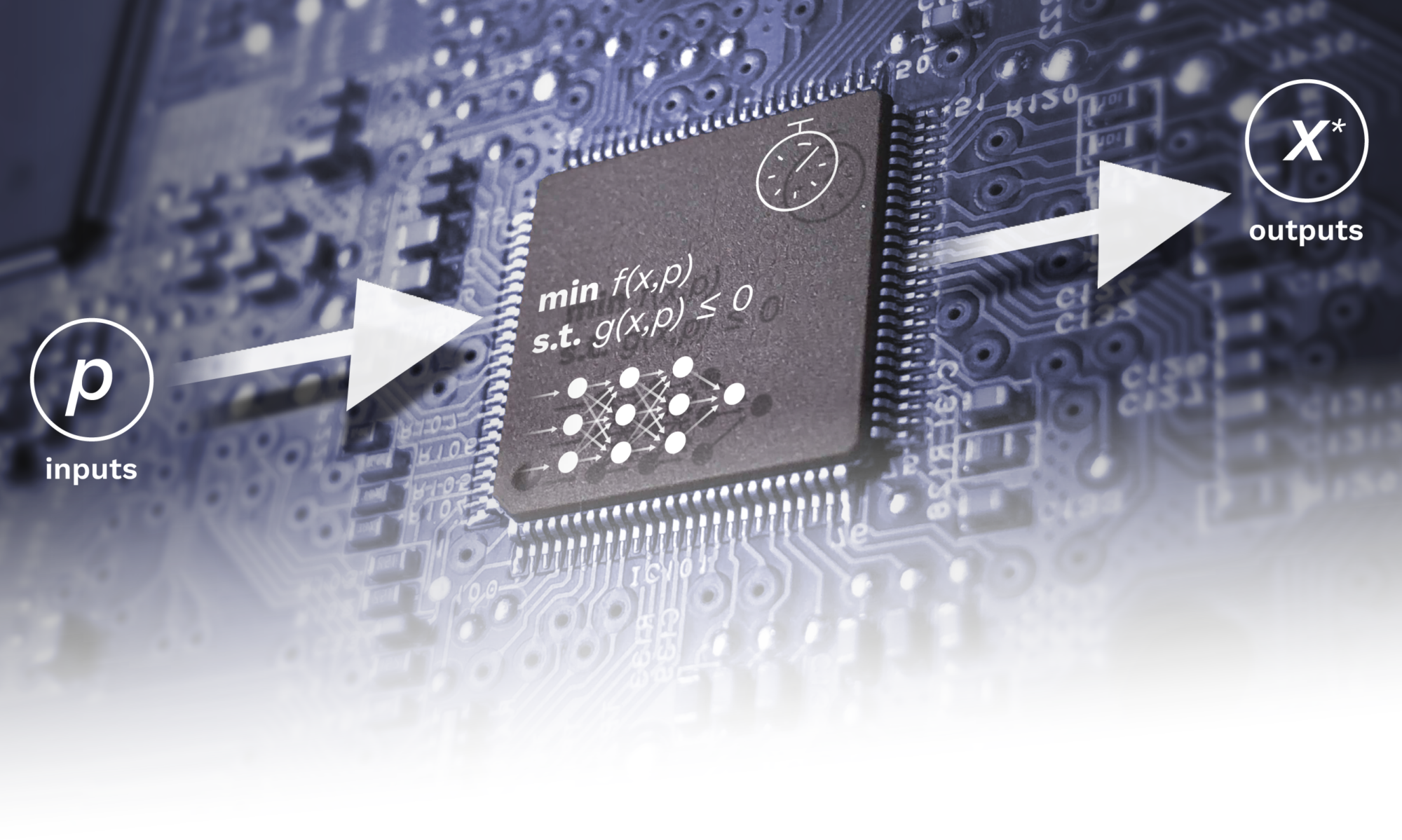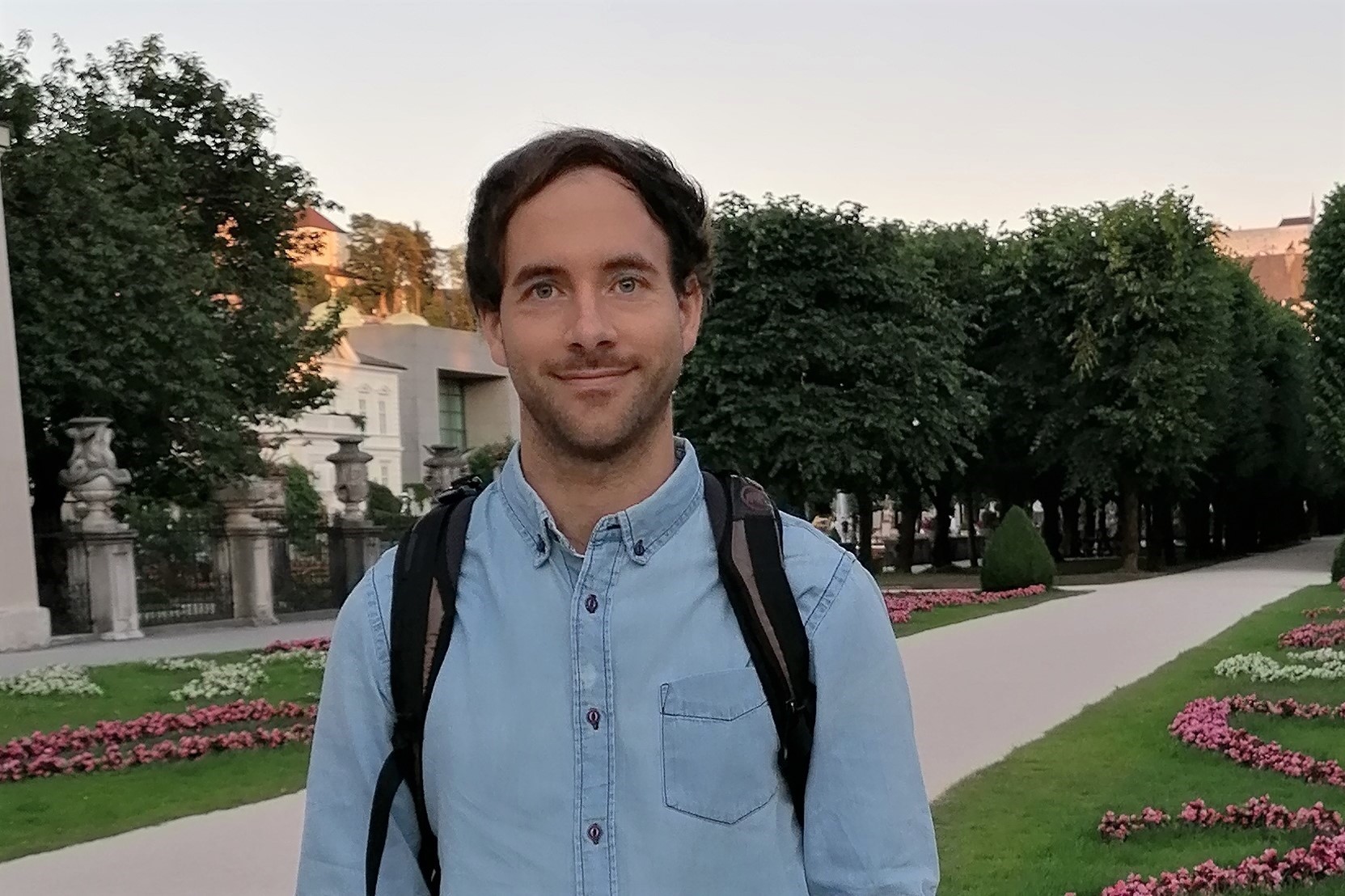
Rudolf Reiter graduated 2016 with a Master’s degree in electrical engineering with a focus on control systems from the Graz University of Technology in Austria. During that time he did internships at Bernecker & Rainer (ABB) and an exchange semester at the University of Utah, USA. Afterwards, he joined an international company for measurement devices (Anton Paar GmbH) where he worked as a specialist for control systems and signal processing. In 2018 he started working as a researcher for autonomous driving at a vehicle research company. There he also joined the Autonomous Racing Graz team, which competes at real-world autonomous racing events.
Project description
Autonomous driving on roads with unknown friction coefficients (dry/wet/icy road) poses both practical and theoretical challenges due to the conflicting objectives of (a) exploitation, i.e., good lane keeping and fast driving (b) exploration, i.e., good knowledge of the road conditions which might necessitate some steering and braking experiments. Dual control theory tries to find an optimal compromise between these conflicting objectives, but did not yet find its way into industrial practice due to its prohibitive computational complexity for even small-scale models. The idea of this PhD project is to develop a practically useful framework for dual control that is based on embedded optimization, by combining reinforcement learning (RL), moving horizon estimation (MHE) and robust model predictive control (MPC), where the MPC objective includes an approximation of the cost of uncertainty. The methods shall be generally applicable to nonlinear models with a moderate number of unknown parameters and should be based on linearization along trajectories, covariance matrix propagation via Lyapunov equations, linear state feedback approximations to reduce the conservatism, and robust constraint satisfaction.


